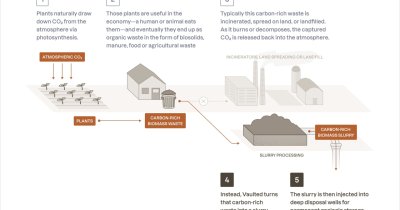As per Electrive, the case study conducted on a site in Gothenburg, Sweden, revealed that the electrification of the construction sector can have great benefits when it comes to reducing pollution and noise levels, without sacrificing performance.
The tests were carried out on actual construction sites using wheeled and tracked battery-powered excavators, as well as other machinery weighing between 3.5 and 30 tons. Some of the pieces of equipment which was not possible to be run by batteries were connected to power lines, instead.
Some of the conclusions that experts at Volvo CE reached are that:
- construction equipment powered by electricity can perform just as well as diesel versions;
- for a construction company to successfully implement construction equipment, it will need to do thorough planning, as well as to enable some flexibility;
- construction workers experience the benefits first-hand thanks to lower noise and pollution levels;
Bobbie Frank, Research Manager at Volvo CE, said that "electric machines are already available on the market and performing well, but the challenge can often be how to establish a reliable supporting infrastructure. This project confirmed that when all actors in the value chain around a construction site collaborate, both from the public and the private sector, we solve the infrastructure around it. In all tests, regardless of application and location, the electric machines performed as well as, if not better than, equivalent models with combustion engines, but without harmful emissions and disturbing noise."
 Mihai - Cristian Ioniță
Mihai - Cristian Ioniță












Any thoughts?